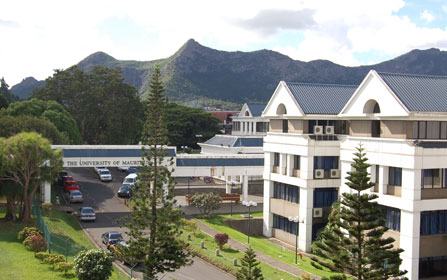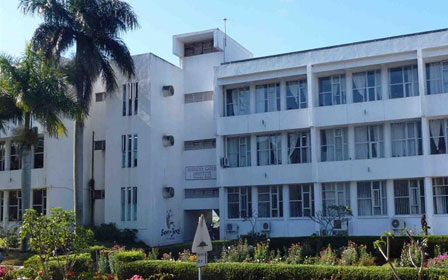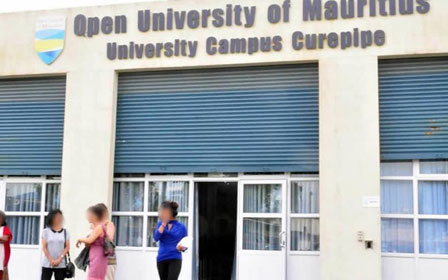The University of Mauritius was created as a developmental university in 1965. Effectively work, however, started in 1968, the main thrust being the provision of trained manpower for the development of an independent Mauritius. In 1979, the Review Committee on the Organisation and Development of the University recommended a revised approach to the concept of a developmental university and foresaw a more extended range of disciplines appropriate to the changing needs of the country. Later, after 1987, five Faculties, namely Agriculture, Engineering, Law and Management, Science, and Social Studies and Humanities, were set up. Then came the creation of the SSR Centre for Medical Studies and Research, the Centre for Distance Learning and, more recently, the Centre for Information Technology and Systems. The setting up of the University of the Indian Ocean in 1998 has created new opportunities for the University of Mauritius to collaborate with other universities in the region. This is in addition to other international collaborative programmes.
The number of qualified applicants for courses at the University increases year on year with study at overseas universities becoming very expensive and with the proven track record of the quality of its courses, students increasingly prefer to study at the University of Mauritius.
Over the past decades the University of Mauritius has slowly been transformed from a small developmental university to an institution providing degree courses in a wide range of academic disciplines, giving increasing importance to post-graduate training, research and consultancy with a view to responding to the current and emerging needs of the various sectors of the economy. The University is now facing the challenge of having to expand very quickly to assist Mauritius to prepare itself for global competition, to keep pace with the rapid progress being made in communication and information technology and to play an important role in the region, while ensuring that quality is maintained and that due emphasis is given to research and consultancy. It has, at the same time, to overcome the constraints of lack of infrastructure, inadequate funding and scarcity of qualified staff.








